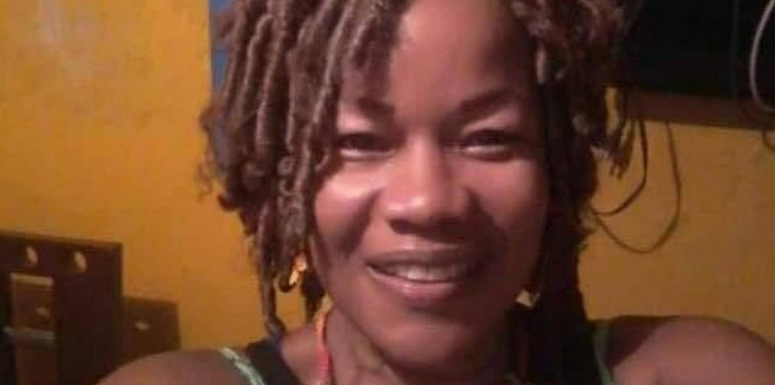Sources: Justice for Colombia, El Tiempo, El Espectador
About
Maritza was president of the Community Action Council in the village of Aguas Claras, a position in which she oversaw the community organisation around issues of local importance. She also helped coordinate programmes to substitute illegal crops for traditional ones, a core element of the 2016 peace agreement.
The Killing & Investigation
On 14 January, Maritza Ramírez Chaverra was found in the El Tigre zone in the department of Nariño in southern Colombia, with injuries which looked like they were inflicted from multiple blows.
The community member was found with severe blows to different parts of her body, but there are two versions. Reports said that she had been abducted and attacked by a group of unknown men. She was taken to hospital but died on 24 January.
Ramirez’s murder adds to a list that has been growing since 2016. According to a report by the Institute of Studies for Development and Peace (Indepaz), 566 social leaders were murdered in Colombia between 1 January 2016 and 10 January 2019.
The Nariño area has been severely afflicted by political violence since the 2016 peace agreement was signed.
According to the Indepaz Institute for Development and Peace, a Colombian NGO, 28 social leaders were killed there in 2018.
The region has one of the highest levels of coca production in Colombia, with several murders of those working on implementing the agreement’s chapter on crop substitution.


